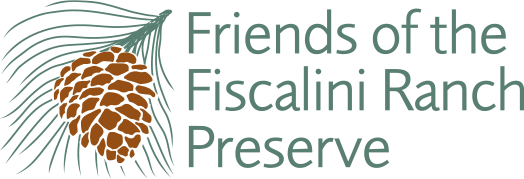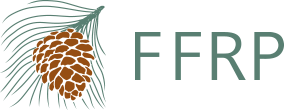2022.11.02 | Bird and Butterfly News from Friends of the Fiscalini Ranch Preserve

A release of four juvenile California condors in San Simeon is planned for Saturday morning, November 5. This will provide a rare opportunity to watch the reintroduction of endangered condors into their native habitat.
The Zoom program coverage will begin at 9:30 a.m. with the holding pen doors opening at 10:00 a.m. The birds may be shy, so coverage runs until 11:30 a.m. to give them time to leave their pen. To register for this event, visit the Ventana Wildlife Society website at: ventanaws.org/condor-releases.html. Then click on the register button to sign up.
Monarch butterflies have returned to their overwintering habitat along the coast. To see them, visit Fiscalini Ranch Preserve’s monarch viewing area off the southwestern segment of the Forest Loop Trail. Last week several dozen monarchs were observed behind the viewing area fence. Roosting monarchs look a bit like Doritos. Look for mostly grayish closed wings, not bright orange. Monarchs start to fly when they warm up. The best time to see them roosting is when temperatures are below 55 degrees (typically before 9:00 a.m.), so bundle up and grab the binoculars.
In more bird news, highly pathogenic avian influenza (HPAI) has come to the County. This deadly variant is easily transmitted between birds, especially domestic fowl, waterfowl, and raptors. HPAI causes neurological and respiratory issues in birds but is highly unlikely to be transmitted between birds and people. To reduce the threat to domestic and wild birds, the California Department of Fish and Wildlife (CDFW) recommends:
–Reporting dead wild birds using CDFW’s mortality reporting form at: wildlife.ca.gov/Conservation/Laboratories/Wildlife-Health/Monitoring;
–Reporting sick and dead poultry to the CDFA hotline (866-922-2473);
–Preventing contact between domestic birds and wild birds, especially waterfowl;
–Excluding wild birds from accessing chicken or other domestic bird feed and water; and
–If visiting outdoor areas with large concentrations of waterfowl and other waterbirds, washing clothing and disinfecting footwear and equipment before traveling to other areas or interacting with domestic birds.
To keep wild bird populations healthy, The Audubon Society recommends cleaning bird feeders every week or two by running them through the dishwasher or soaking them for 10 minutes in a diluted bleach solution followed by scrubbing them and letting them dry completely before refilling the feeder. Hummingbird feeders need to be cleaned the same way every five days. Birdbaths can be rinsed and scrubbed with a 1:9 solution of vinegar and water every other day.



